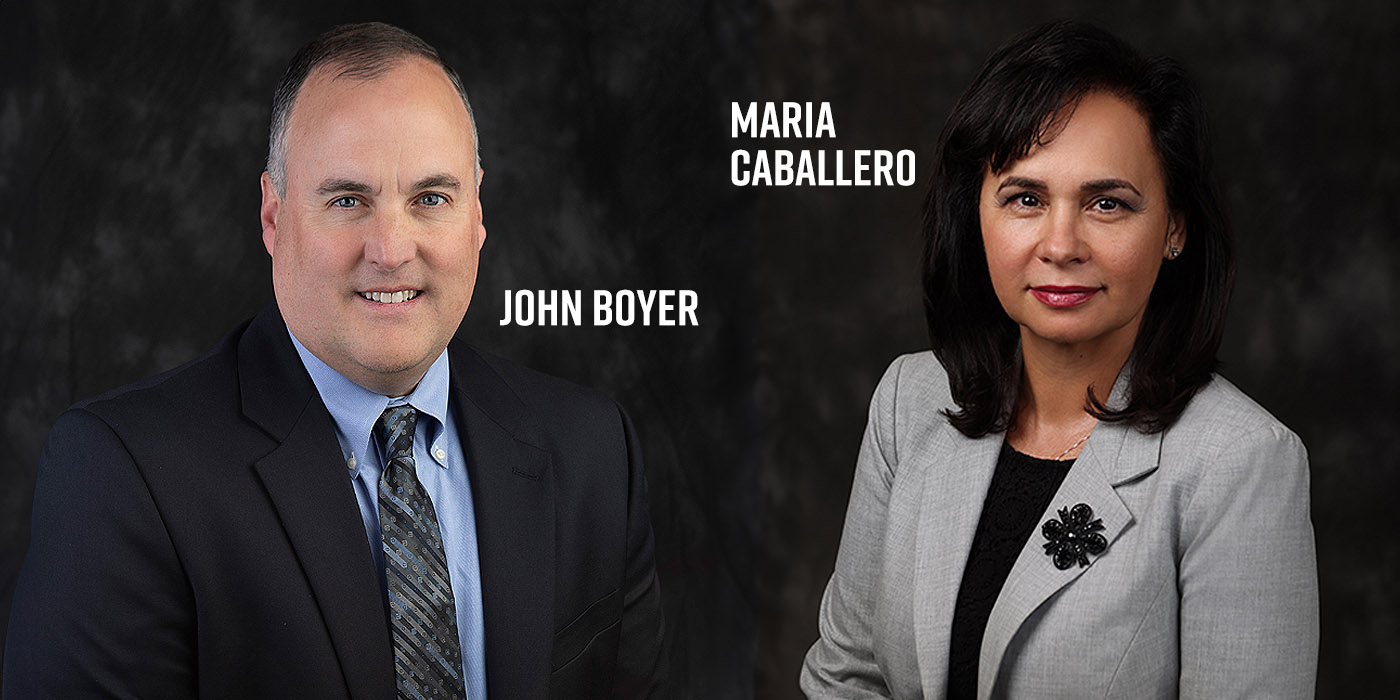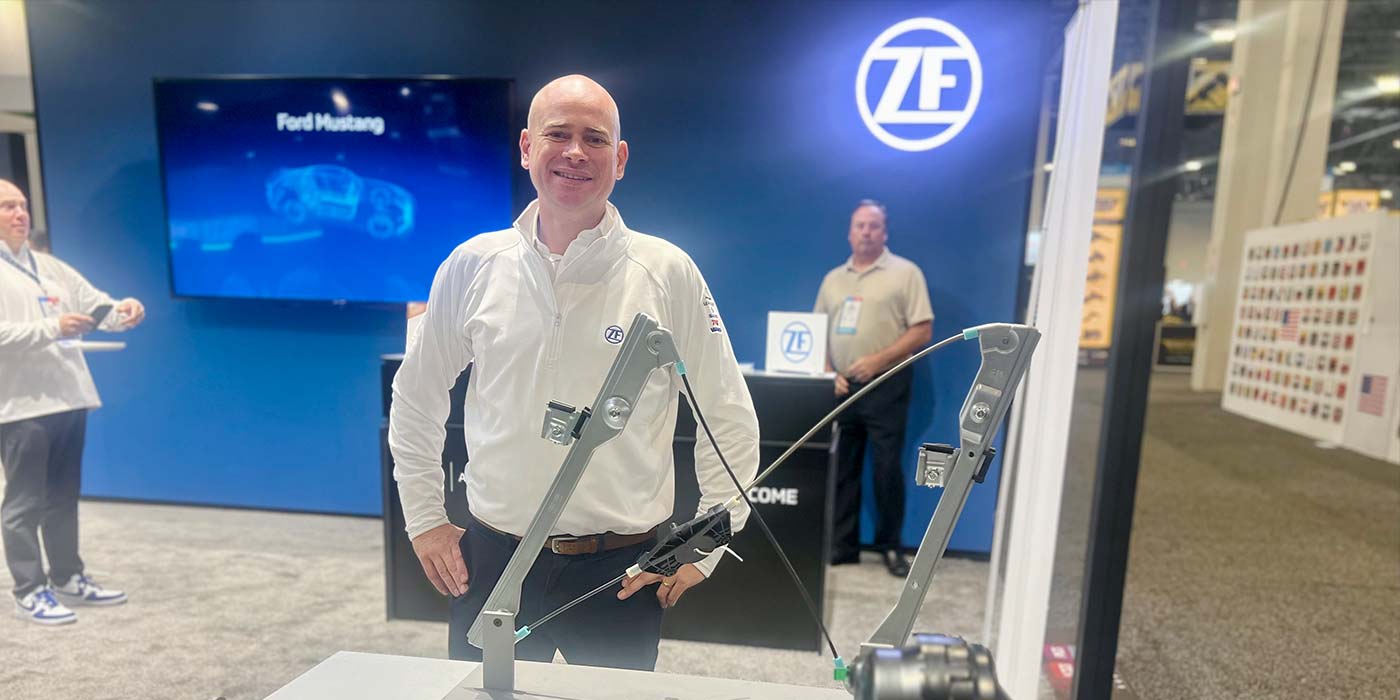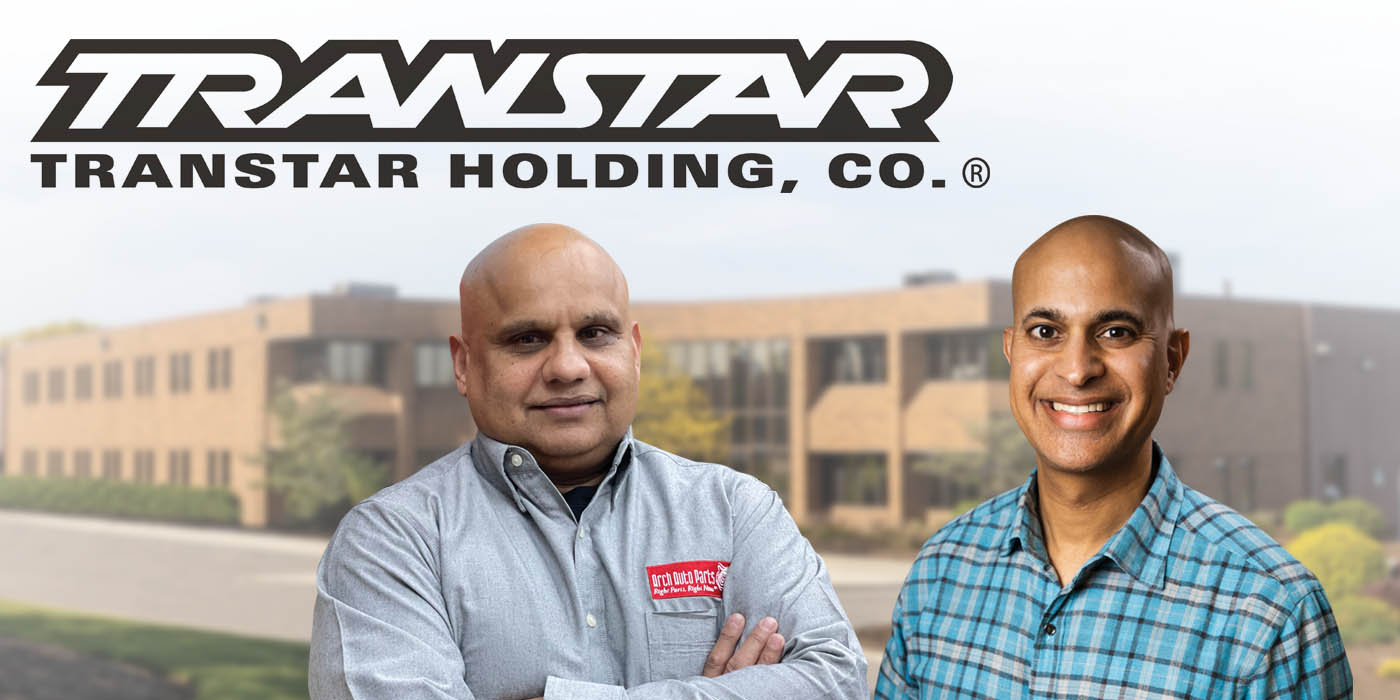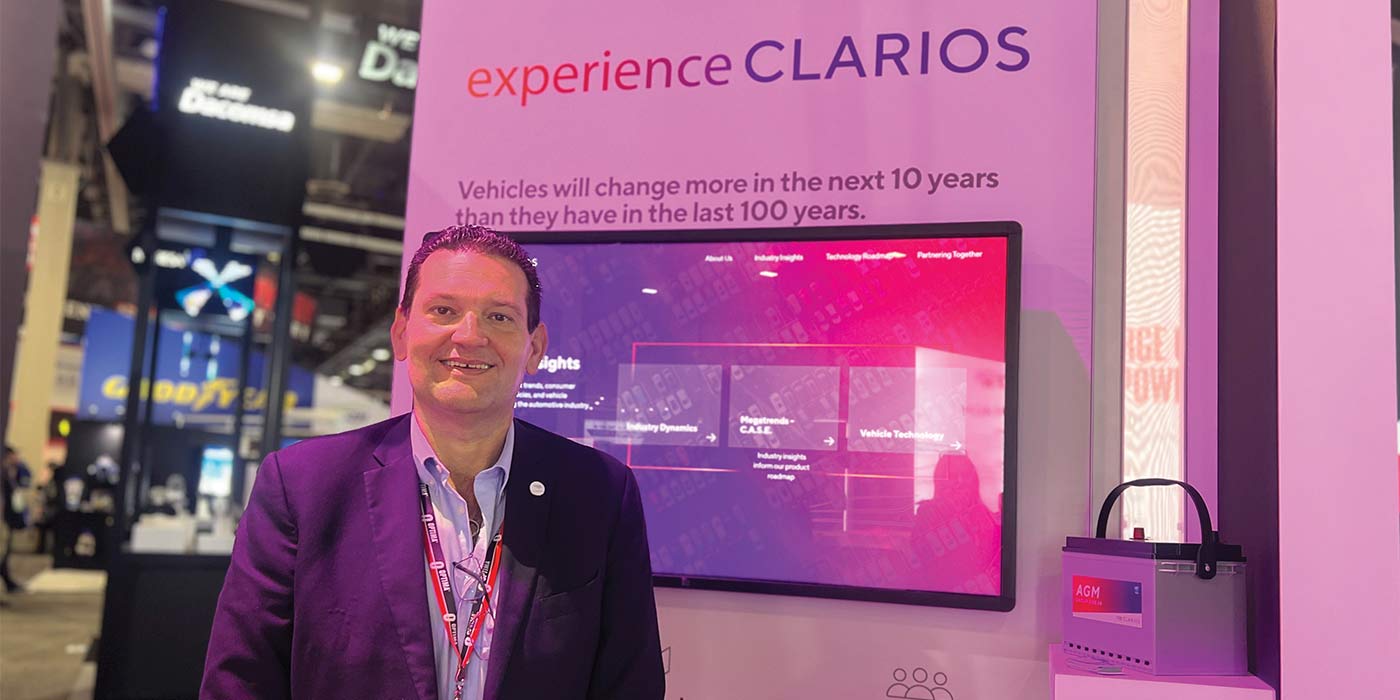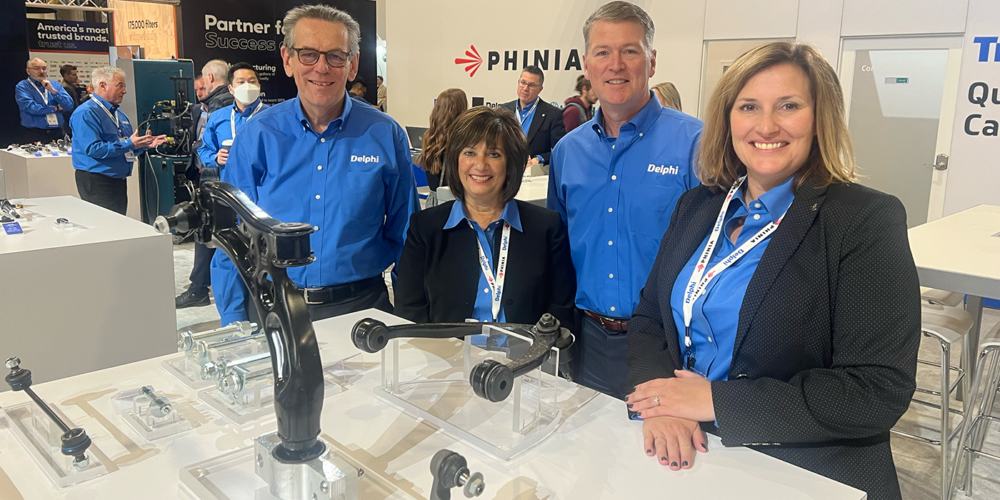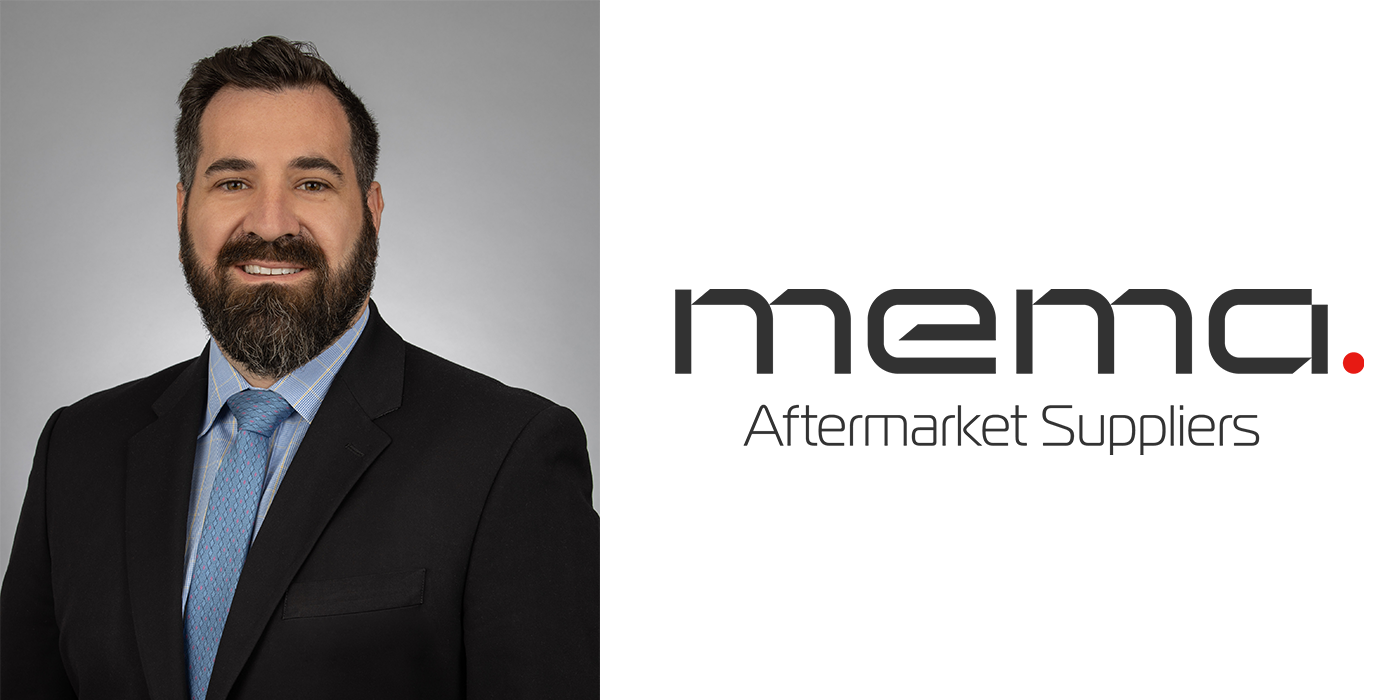WASHINGTON, DC —
During last month’s MEMA Legislative Summit, Counterman Managing Editor Michael Freeze spoke with the people behind the association’s lobbying event: Ann Wilson, vice president of government affairs for the Motor & Equipment Manufacturers Association (MEMA); Robert “Bob” McKenna, president and CEO of MEMA; and Steve Handschuh, executive director for the Automotive Aftermarket Suppliers Association (AASA). Taking time out from their busy schedules while at the Summit, the three discussed the importance of meeting with Congress, the issues affecting the aftermarket industry and the growing influence of the industry in Washington, D.C.
What was behind the 2006 MEMA Legislative Summit’s theme, Local Jobs, Global Impact?
Ann Wilson: MEMA represents almost 1.3 million employees in this country. The products we make here and abroad through the OE, aftermarket and heavy-duty sectors are used all over the world. The technology that our companies develop and the new ideas for fuel efficiency are issues that are being addressed in Asia, Europe and in the U.S. That’s part of the theme, ‘Local Jobs,’ because it is local jobs.
I think one of the things that people in Washington don’t understand well enough is how many supplier jobs there are versus how many auto manufacturer jobs there are. We employ more people than the auto manufacturers do, at a three-to-one rate. We’re actually conducting a study with the Center for Automotive Research on the employment and economic impact of the supplier industry. We will be releasing the results in November.
It’s not a matter of “look at our employment; we have more of a voice than you.” That is not the issue. The point is that we have a number of complicated issues — dealing with health care and the price of steel for the aftermarket, for example. With those kind of difficult challenges, members of Congress need to understand how many people are impacted by the decisions they make or don’t make on certain pieces of legislation.
Steve Handschuh: We want to make sure that this is not just seen as a jobs sector issue in Michigan, Indiana and Ohio. This is spread out across the country.
Bob McKenna: The automotive and truck product manufacturing industry is very important to our nation’s economy. Suppliers make up two-thirds of the country’s largest manufacturing industry and provide nearly 70 percent of the investment in the motor vehicle industry. Suppliers employ more than 1.3 million people in more than 12,000 facilities in the U.S. Our industry is a major economic contributor to many cities and states across the nation, and we want the decision makers in Washington to understand that. While our member companies have to compete globally, they also make a difference back in their states and districts. Therefore, it’s up to our leaders to help us create policies and laws that allow U.S. manufacturers to compete on a level playing field.
On the issue of raw materials, which particular raw material (steel, rubber, etc.) appears to be more problematic? And what can the U.S. government do to help give the industry the ability to get enough materials at a price that it can afford?
Wilson: We hear a lot about steel. One reason is that there are a number of manufacturers that depend so heavily on it. There are a number of anti-dumping counter tariffs in place on a number of these commodities. Steel is the raw material that has the most number of tariffs.
When manufacturers in other countries manufacture raw material and sell it in this country at a lower price, they are “dumping it” and that is illegal. When that happens, domestic producers of those raw materials can go before the International Trade Commission (ITC) and say that a particular country is allowing its manufacturers to dump in their country.
The focus of the anti-dumping tariff is to stop the dumping and protect U.S. jobs. In the steel industry, these duties are reviewed every five years as part of a “sunset review.” When these cases are reviewed, the manufacturers that we represent are not allowed to come before the ITC on a level playing field and say, ‘This is what the anti-dumping duties are doing for us. We can’t get the steel, the price nor the quality we need for the auto industry.’ It’s those things that the ITC cannot take into account. All we ask for is a seat at the table to articulate what our concerns are.
Handschuh: Frankly, I think you’d be hard pressed to come up with any other raw material that is more important in the manufacturing sector than steel. It is probably the single greatest raw material cost that any manufacturer would have. So, when the cost of steel rises, it kills them, particularly if the marketplace will not allow them to recover the costs. You have a double-edged sword. If you have steel producers in this country that are being protected by tariffs, yet the imported steel comes flooding in, you create a “perfect storm” type of situation where you have manufacturers buying American, but they are not able to be competitive. They cannot pass on those higher costs of raw materials.
Because the American steel producers are protected to a degree, they are not subject to market forces that will keep market prices competitive in a global marketplace, as they would be otherwise. I think that is the whole issue behind the Rep. Joe Knollenberg (R-MI) -sponsored bill (H.R. 4217 – the American Manufacturing Competitiveness Act [AMCA]) that will require the ITC to consider the industrial consumer. Right now, it is the opposite. The ITC can’t take the industrial consumer into consideration.
I think all the aftermarket is asking for is a level playing field so American manufacturers can compete with anyone in the world.
Mr. McKenna, you have said you would like to see MEMA function as an industry watchdog. Do you feel the association is accomplishing that so far?
McKenna: We have made great strides, but we certainly have more to do. In Washington, we have built the strongest staff in the 102-year history of our association. We have also strengthened our aftermarket market segment association — the Automotive Aftermarket Suppliers Association — with the hiring of Steve [Handschuh], a proven industry veteran. The same can be said of our Heavy Duty Manufacturers Association and the hiring of Tim Kraus and Mark Iaisello. They were instrumental in making HDMA’s dream of a Heavy Duty Aftermarket Week come to life. We are positioning ourselves to be the authoritative voice of the supplier — no matter what industry they are in.
What are some aspects to the Legislative Summit that were different from last year?
McKenna: We wanted to have more meetings with members of Congress so we broke into smaller teams. This definitely helped, as each member was able to fully explain their challenges to their representatives. Instead of putting teams of members together who were in the same market (aftermarket, for example), we broke the teams down by where they were located geographically. These two changes were the most beneficial we made. Having Sen. Carl Levin address our members allowed the executives to hear directly from one of the most influential senators on Capitol Hill.
Wilson: This year, we had about 25 more visits than we had last year, so we are seeing more members of Congress. We believe this had a huge impact on congressional members hearing from their constituents. These are the ones that Congress wants to hear from, people who manufacture in their district. Many of them live in that district and have for a long time. That kind of interaction is invaluable.
Handschuh: My role in this summit was to introduce MEMA, and then I handed it over to our members. Our members already had an idea of who to talk to and what they wanted to talk about. It was fairly easy to strategize because the members had strong feelings about these issues. It was also good to see that the issues they feel strongly about are the same ones that our staff feels strongly about as well.
Could you tell us about this year’s Joseph M. Magliochetti Industry Award winner Rep. Dave Camp (R-MI)? How has he been helpful to the aftermarket industry?
McKenna: Dave Camp has shown strong support for Michigan’s manufacturing base, which obviously includes the aftermarket supplier industry. Rep. Camp understands the value and importance of suppliers to the national economy. He has also been an instrumental member on the Ways and Means Committee on many issues such as tax and trade, pension reform and health care.
One example of his role as an advocate for this industry came during a debate on the energy bill, when his determination to create tax incentives for the purchase of alternative fuel vehicles ultimately proved successful. The provision was signed into law in 2005. He has also been persistent in his efforts to make the research and development tax credit permanent which will help aftermarket suppliers recoup some of the billions of dollars they spend each year on R&D. Additionally, he has consistently recognized the industry’s need for reliable, affordable raw materials by supporting efforts to expand free trade through free trade agreements and by co-sponsoring legislation which would give industrial users standing in cases before the ITC.
Of the issues being discussed at this year’s Summit, do you find division among party lines or more bipartisanship?
Wilson: I think that there is a lot of concern, on both sides of the aisle, about the future of manufacturing and the auto industry in this country; whether we can retain a significant amount of employment in this country. That is more important to us than any allegiance to a political party. Any political journal will tell you that this is a pretty contentious year. There are a lot of elections that will be close for representatives and senators this year and they are paying attention to what their constituents are telling them. When congressional leaders listen to our members, they need to understand that there is a desire to retain manufacturing as a core component of our economy.
McKenna: You won’t find many people who don’t think this is the most confrontational, partisan environment in some time in Washington. The result is that many of the critical issues facing our industry and manufacturing in general are not being discussed. We need productive dialogue and action taken on issues like health care, tort reform, pensions, raw material costs and other critical issues that are costing the country many jobs. All of the representatives and senators we have talked to – Republican or Democrat – tell us they are sympathetic to our challenges. Now they have to prove they are sympathetic with constructive action.
Handschuh: With the representatives, it seems that every year is an election year. The American government is built to have the people’s interest preserved and protected. So, when you go into a congressional session and you have our members who have facilities in these districts, who have voters who make campaign contributions and so forth, the congressman, senator or staff member is going to listen more closely to them than they would if Ann or I were meeting with them.
Everything in Washington right now is a partisan issue. For example, President Bush mentioned that there should be an amendment against gay marriage and before you know it there is a hearing on it. Yet, other issues that have been worked on for years can’t get that far. It makes it difficult to get legitimate legislation that the American people really care about in a very partisan atmosphere like you have in Washington today where even telecommunications becomes a partisan issue. It creates an enormous challenge for [the MEMA government affairs staff] to navigate if they’re trying to move legislation through.
On the issue of health care, what specific points did your members try to convey to congressional leaders?
Wilson: Health care legislation, with a significant amount of will and work, will be passed this year. Health IT reform is a concern. We don’t do things electronically. We’re in a country where you take your X-ray and carry it around from one doctor to the next, yet we all live by [our PDAs and emails]. We have prescriptions written on piece of paper. You lose that paper, you have to pay for another piece of paper.
There’s a significant amount of research that shows if you provide the health care provider with the tools and incentives to become more technologically savvy, we could actually cut costs out of the health care system, which will help everyone.
Handschuh: Research shows that health care costs will rise about 10 percent over the next five years, which is almost double the rate of inflation. It is difficult for our members to recover those costs in the marketplace. You have raw material costs going up and now you have health care costs that are continuing to climb. Any progress on this issue would be a great benefit.
Do you feel that Capitol Hill in general is warming up to the aftermarket industry as a political force?
Wilson: I think the Stop Manufacturing Counterfeit Goods legislation passing was a part of that, because the aftermarket was very involved in its passage. Those in the industry made visits, wrote letters and spent a lot of time on the Hill. I think that the educational process about the different segments helps to build a growing sensitivity. It’s an ongoing process. That’s why it is important for our members to be here to say, ‘what I make is in the aftermarket. This is what I do and this is the relationship I have with my customers.’
Handschuh: I don’t know many CEOs who come to Washington to do this kind of activity. The first time they do this type of thing, admittedly, they’re kind of nervous about it but the more they do it, the more comfortable it becomes. They have a point of view that the representatives will listen to.
_______________________________________
Click here to view the rest of today’s headlines.

